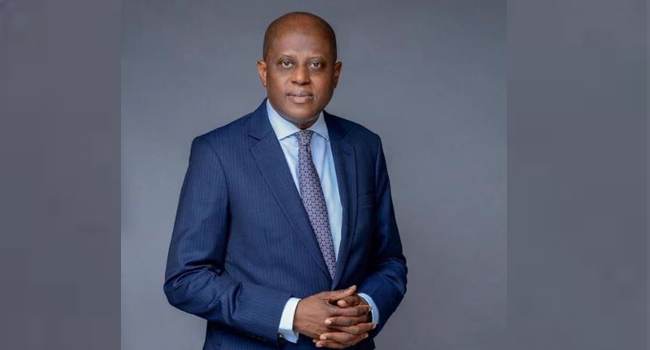Business
BREAKING: CBN reportedly fires NIRSAL MD, directors

Reports suggest that the Central Bank of Nigeria (CBN) has fired the Managing Director and directors of NIRSAL in a sweeping leadership shakeup.
Reportedly, a major overhaul has occurred in the leadership of Nigeria Incentive-Based Risk Sharing System for Agricultural Lending (NIRSAL Plc), as Mr. Olayemi Cardoso, Governor of the Central Bank of Nigeria (CBN), allegedly directed the dismissal of crucial members from its executive management team.
As per an anonymous insider’s disclosure to Saturday Telegraph, three high-ranking executives have been discharged from their roles.
According to reports, the individuals impacted are Abbas Masanawa – the Managing Director and Chief Executive Officer; Kennedy Nwaruh – Executive Director of Operations; and Olatunde Akande – Executive Director of Technical.
The NIRSAL staff are experiencing a surge of unease due to the abrupt shift in management, as several worry that this might initiate an extensive series of downsizing across the company.
Read Also: Northern youths urge Tinubu to sack NMDPRA boss
According to the source, we received notice of the alterations via email on Friday evening. Although a board meeting had been planned for that morning, it was called off, leading us to feel uncertain about what lies ahead. The informant stated that additional specifics are expected to be revealed by Monday.
Created by the Central Bank of Nigeria, NIRSAL Plc is a financial organization that specializes in evaluating and overseeing agribusiness credit risks within the country. However, recent corruption allegations have surfaced against this entity with its previous Managing Director – Mr. Aliyu Abdulhameed – presently confronting charges from the Economic and Financial Crimes Commission (EFCC).
To avoid prosecution in a case involving Abdulhameed, a private consultant relinquished ₦1.5 billion to the EFCC not long ago.
The EFCC had requested temporary possession of the funds alleging that they were obtained through illegal means. Nevertheless, both the consultant and Abdulhameed asserted that the money was lawfully earned via a contract sanctioned by NIRSAL’s board.
